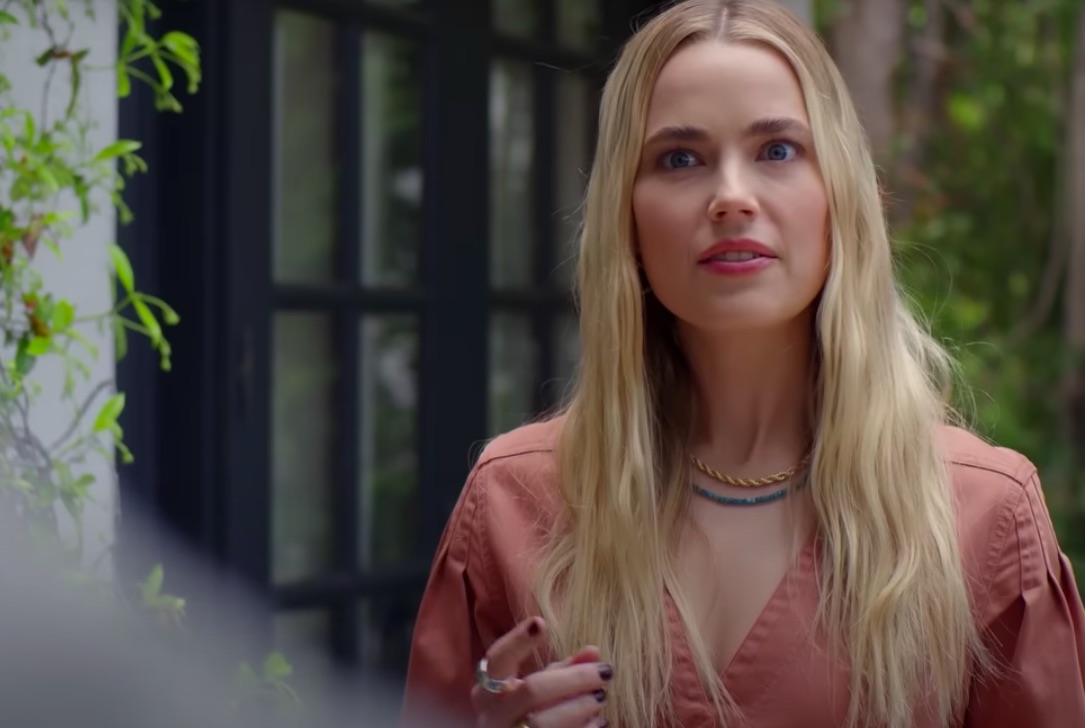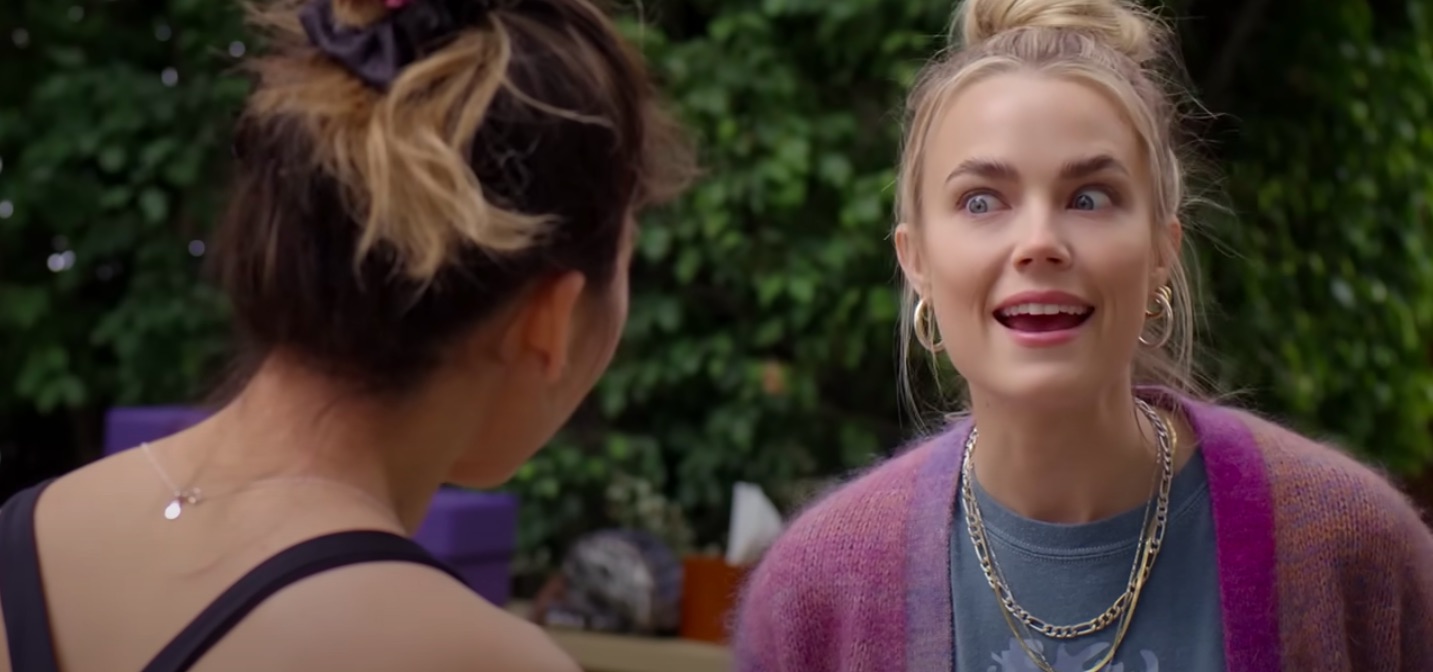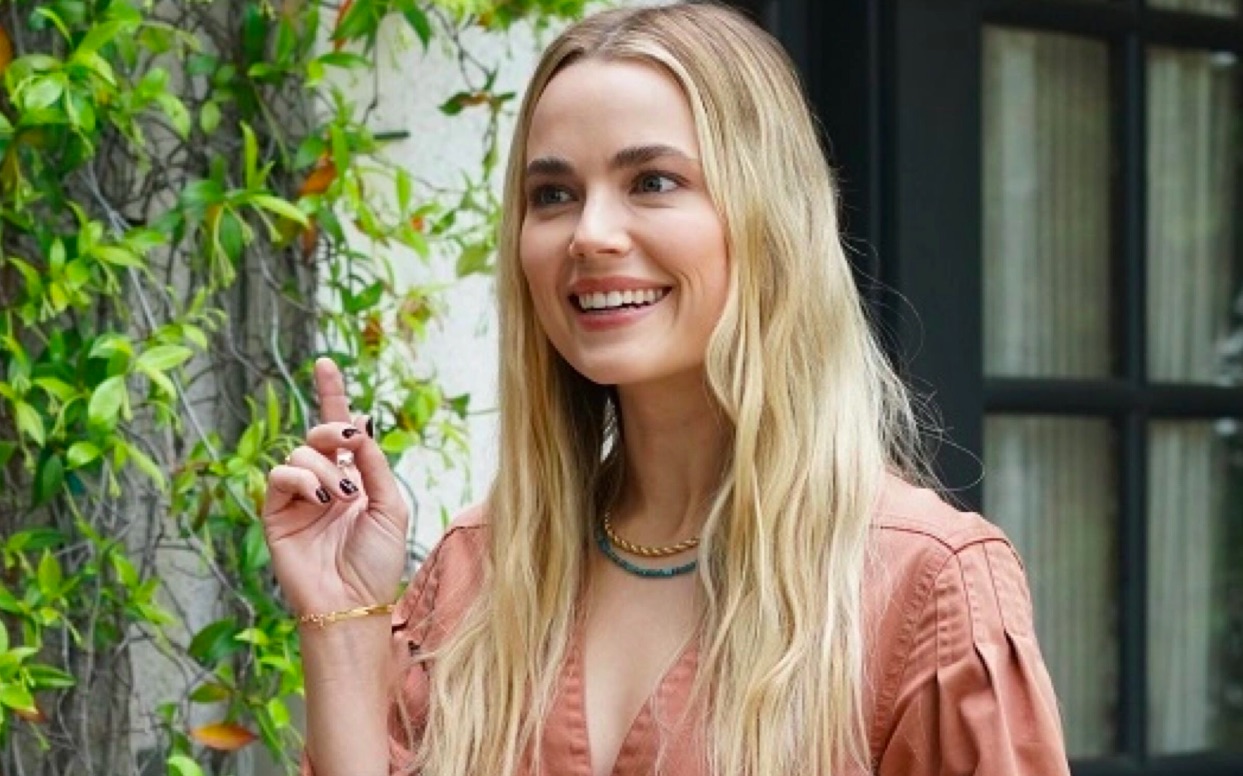Hulu’s romantic comedy about a psychic, titled ‘Maggie’ for its lead character, follows the story of a thirty-something woman who can see the future. She believes that everything has already been written in stone and there’s no point in making any special effort to change things. This is one of the reasons why she doesn’t give readings to her friends and family, despite frequently having visions related to them. She tells them to just go with the flow. However, she doesn’t pay much heed to her own advice when it comes to her own life.

Maggie’s romantic life is dead because she always knows that a relationship is going to end, even before it begins. So, instead of letting things take their course, she nips it in the bud. Things change when she comes across a man, named Ben, whose future features her. At first, she believes she has finally found the one she’ll end up with. But then, another vision of him marrying some other woman leads her to end things with him, even when she likes him very much. Fast forward six weeks, and the guy and his future wife become Maggie’s neighbors, complicating the situation much more than it should’ve been.
The show promises to be a quirky romantic comedy that has just the right amount of drama to keep things interesting, but it never really delivers. The entire plot hinges on the “will they, won’t they” situation between Maggie and Ben. Maggie’s vision is kept vague to keep the mystery alive and to stir the pot, a love triangle is thrown into the mix. But even as Maggie, with all her visions and her experience interpreting them, struggles to figure out this mystery, the audience already knows what’s going to happen.
The plot is simply too predictable. And it’s not that no other sitcom has ever had to put up against the boundaries set up by the genre. It is a rom-com, everyone knows they are going to end up together, one way or another. It is the story in between that counts, and that’s where ‘Maggie’ fails.
To invest the audience in a romance, the chemistry between the characters is the key. But in ‘Maggie’, there is no spark in any relationship. No matter how many new courtships are thrown in Maggie’s way, or that of her friends, we already know that it’s not going to work because of the blandness exhibited at every turn. Whatever interest the audience has at the beginning of the story is chipped away, one episode at a time. By the time we land on the final episode of the season, we have lost all interest in the future of Maggie’s love life.

Another major thing that doesn’t quite work for ‘Maggie’ is comedy. The show could have benefitted from leaning more toward the dramatic side, rather than wasting its energy cooking up jokes that fall flat at every turn. Many punchlines go to waste because the laughs never arrive. It becomes distasteful after a while, especially when it starts to look like the characters are trying too hard to be funny. The whole set-up feels shallow and superficial, accentuated by the background that is too saturated in sappiness.
On top of that, there is a bombardment of all sorts of cliches, ranging from an unstable but supportive best friend to a black, gay, flamboyant mentor who never really helps; to an unnecessarily complicated relationship with one’s mother; to the simple fact that the characters don’t seem to have absolutely any life outside of each other, even when they’ve only known one another for a few months, at best. The story is also chockfull of cheesy things, with half of them adding no depth or dimension to the plot or the characters, who undergo almost no development over the course of thirteen episodes.
The one thing that makes ‘Maggie’ stand out from other contemporary sitcoms is the premise of seeing the future. There is an immense potential in this scenario, which has been used in all sorts of stories, from ‘That’s So Raven’ and ‘Twilight’ to ‘Minority Report’ and ‘Dune’. The context-less glimpse into the future invites mystery and conflict, which should ideally capture the interest of the audience. But for ‘Maggie’, the visions become such a hindrance that one wonders if the show would be better off without this plot device.
‘Maggie’ was originally conceived by Tim Curcio as a short film. Considering all the flaws it struggles with, the show should have taken a note and stayed short, to begin with. Scraping off 4-5 episodes would have allowed the story to become, at the least, more focused. Because sitting for the length of thirteen episodes isn’t worth it. It could have worked as a slow burn, but it just turns out to be a drag. If only someone had glimpsed into the future and steered the show in a different direction, things might have worked out better.
Rating: 1.5/5
Read More: 6 TV Shows Like Maggie You Must See


You must be logged in to post a comment.